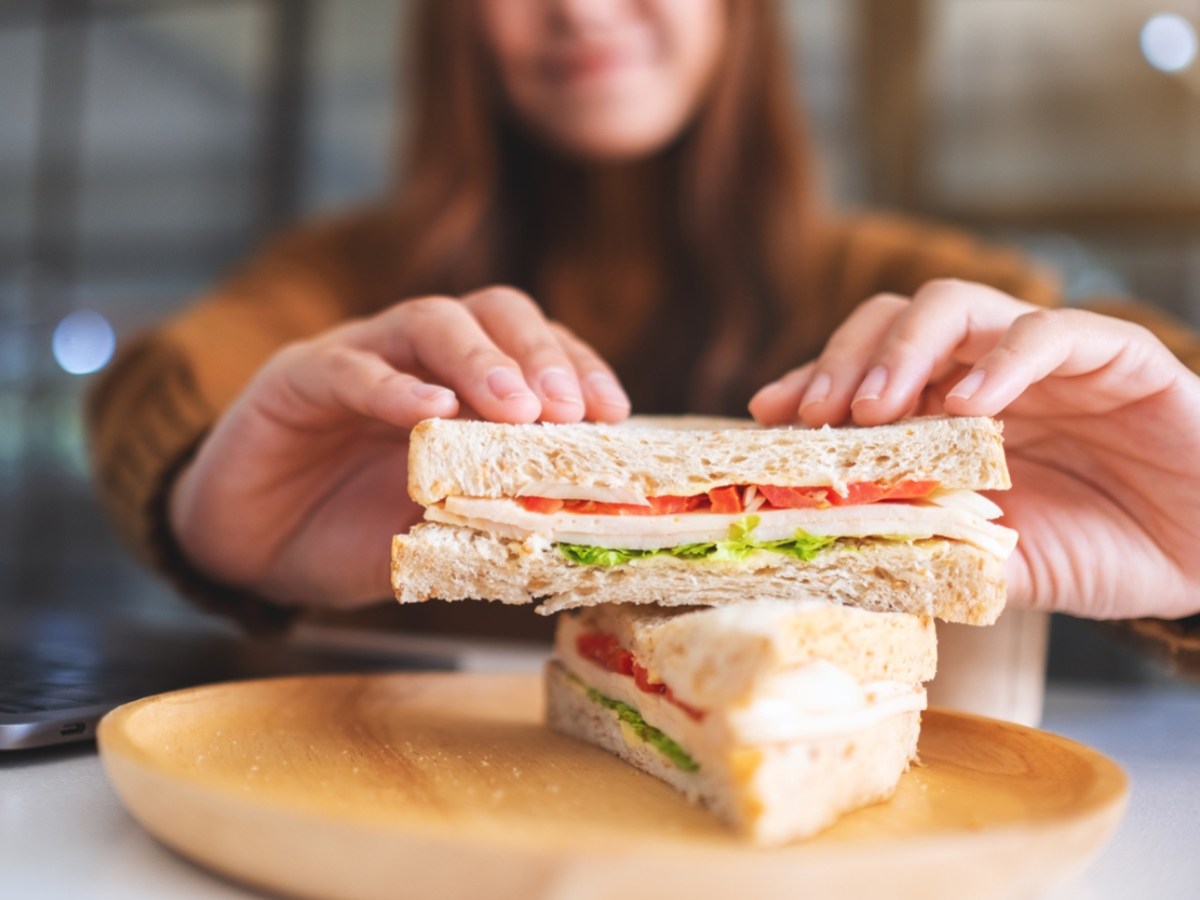The New Zealand government says it will cost our industry about $1.6m to transition to the mandatory addition of folic acid to bread, but it will help with financial assistance for the purchase and installation of the necessary equipment.
Bakers will have two years to start adding the B vitamin to their non-organic bread-making wheat flour, which the government said would help prevent neural tube defects like spina bifida.
Food Safety Minister Dr Ayesha Verrall said organic and non-wheat flour would be exempt from fortification, providing a choice for consumers who did not want to consume folic acid. “This is about protecting babies. Low folate levels in mothers cause neural tube defects that result in the death of babies, or life-long disability.”
Verrall said a review by the Ministry for Primary Industries estimated that fortifying all non-organic wheat flour for making bread could prevent between 162 and 240 neural tube defects over 30 years. This could save health, education and productivity costs of between $25m-$47.4m over the same period.
New Zealand’s rate of neural tube defects was considered high compared to countries that took a mandatory fortification approach, such as Australia, Canada, and the United States. In Australia, neural tube defect rates fell by 14% following the introduction of mandatory folic acid fortification.
FGC’s response
Members of the New Zealand FGC have been voluntarily fortifying bread for many years now, says FGC Chief Executive Katherine Rich. “The FGC will support its members to meet the Government’s target in 2023. It will be easier to achieve coverage by fortifying bread flour rather than by batches of bread.”
She comments: “The data on what New Zealanders eat is wildly out of date. The National Nutrition Survey for children was last completed in 2002, and for adults 2008. Industry, academics, and officials have been united on lobbying for a new survey. Without up-to-date information, the Government runs the risk of flying blind on critical decisions about nutrition and the food supply.
“Since fortification campaigns began, folic acid has been added by the food industry to a range of other grocery products, including breakfast cereals and to bread on a voluntary basis. Between 38% – 50% of all bread, including half of packaged bread, is already fortified.
“We told the Government it needed advice on how much folic acid was already in the food supply before further intervention. Prof Smith advised that with current fortification rates and blood folate levels in the New Zealand population, further benefits of mandatory fortification were likely to be marginal,” says Rich.
Did you know?
Folate is naturally present in food. Folic acid fortification restores what is lost during processing such as flour milling. A 2018 report from the Prime Minister’s Chief Science Advisor and the Royal Society Te Apārangi found no evidence that folic acid, when fortified in food, had any harmful effects.



